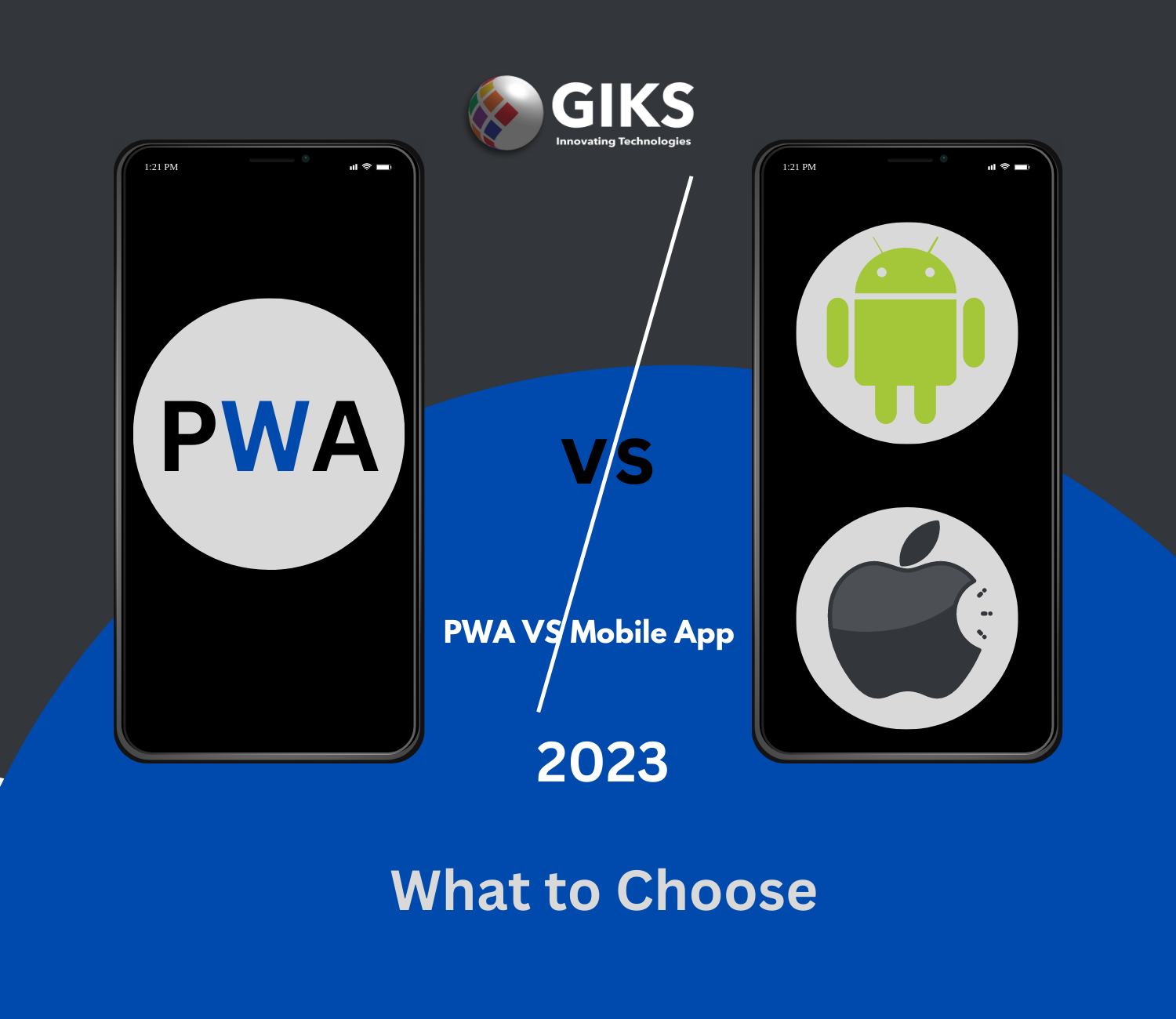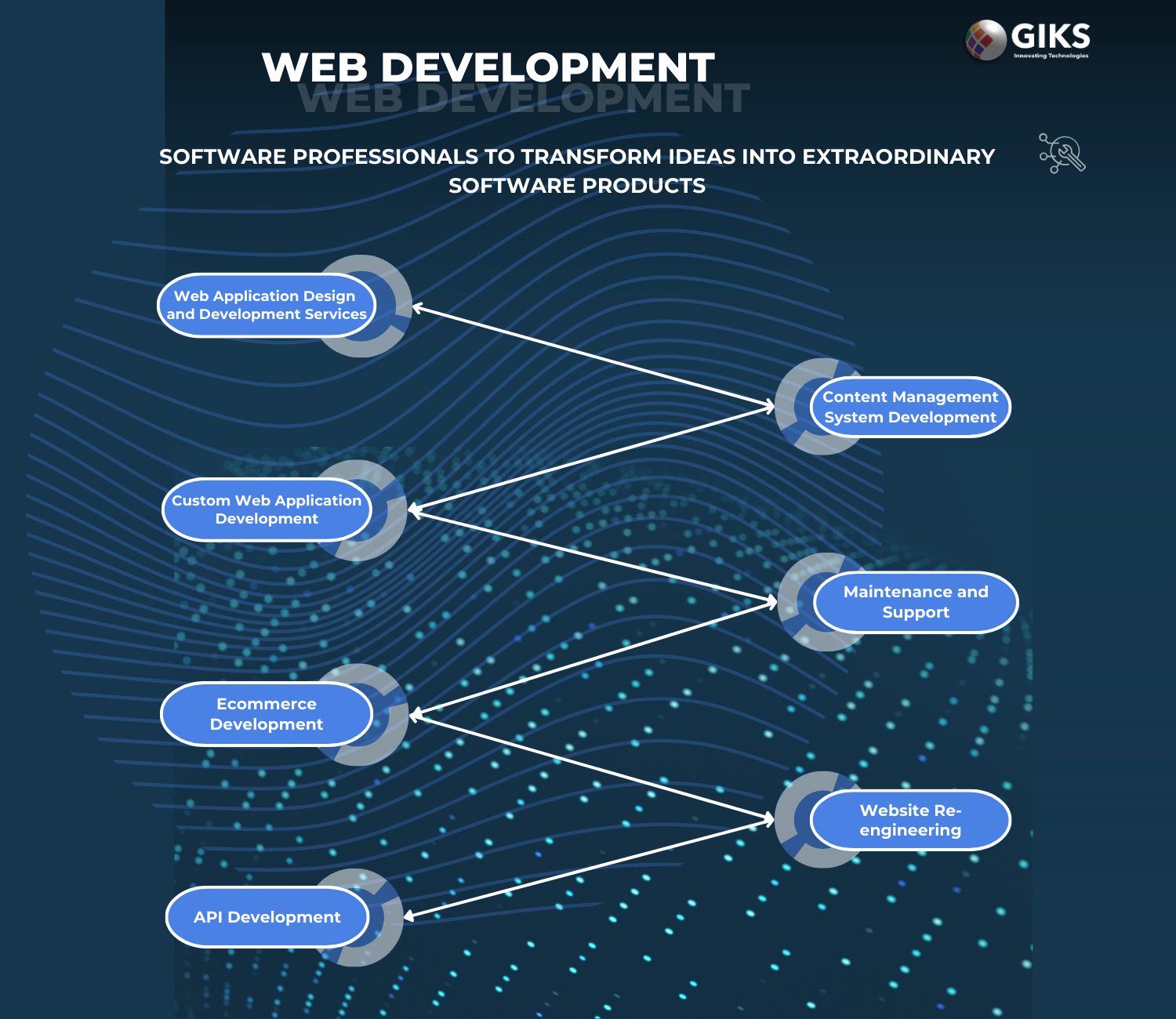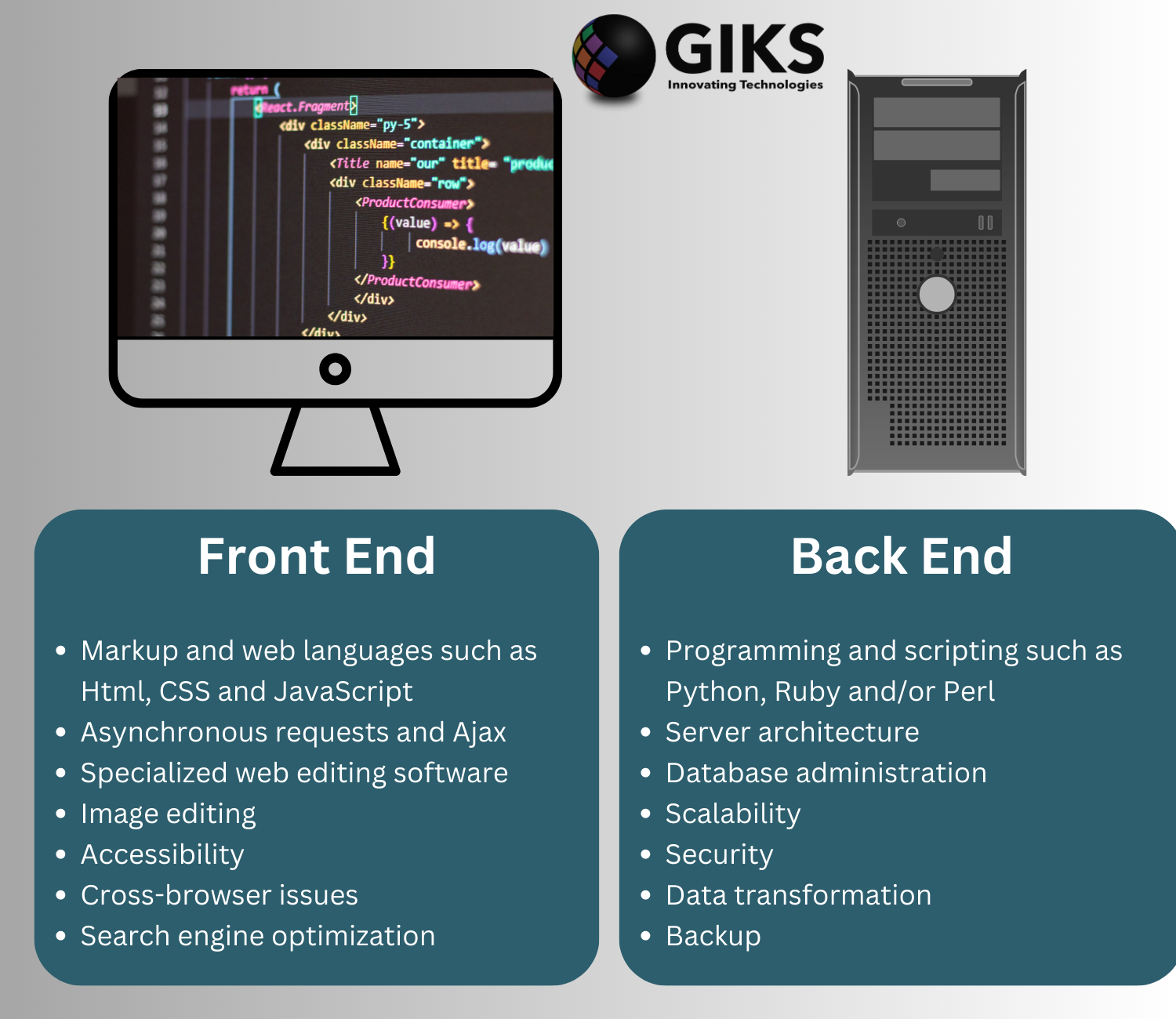Introduction:
The healthcare industry has embarked on a transformative journey, thanks to the integration of cutting-edge technology. One such remarkable innovation is the utilization of Virtual Reality (VR) app development, which is revolutionizing the way healthcare is delivered and experienced. This article explores the profound impact of VR app development on healthcare, highlighting its potential to enhance patient care, medical training, and therapeutic interventions.
Enhancing Medical Training
VR app development is rapidly emerging as a game-changer in medical training and education. Traditional methods of learning through textbooks and lectures are being complemented by immersive simulations and realistic scenarios provided by VR apps. Medical students can now step into virtual operating rooms, interact with 3D anatomical models, and practice complex procedures in a risk-free environment. This not only accelerates the learning curve but also equips future healthcare professionals with practical skills that translate to better patient care.

Empowering Therapeutic Interventions
Innovative VR applications are transforming the landscape of therapeutic interventions. Patients undergoing rehabilitation or dealing with chronic pain can benefit from immersive experiences that distract and engage their minds during physical therapy. VR environments provide a captivating way to alleviate discomfort and improve the effectiveness of treatment sessions. Moreover, mental health professionals are exploring VR-based exposure therapies to treat conditions like phobias, PTSD, and anxiety disorders. By recreating triggering scenarios in controlled environments, patients can gradually overcome their fears and anxieties.
Revolutionizing Patient Care
VR app development is redefining patient care by offering immersive solutions for diagnosis, treatment, and preventive measures. Physicians can use VR to visualize medical images in three dimensions, enabling more accurate diagnoses and surgical planning. Additionally, patients can engage in virtual reality exercises that promote wellness, encourage physical activity, and assist in pain management. VR apps are also being leveraged to educate patients about their conditions, medications, and treatment plans, fostering a deeper understanding of their health.
Fostering Collaborative Research
The synergy between healthcare and technology is fostering collaborative research endeavors. VR app development allows medical professionals to share insights, collaborate on surgical procedures, and analyze medical data in virtual environments. Remote teams can collectively explore complex medical cases, contributing to a global network of expertise and innovation. As a result, breakthroughs in treatments and medical advancements are becoming more attainable through shared knowledge and experiences.
Conclusion:
The convergence of healthcare and Virtual Reality app development is a transformative leap that holds immense promise. From revolutionizing medical training and enhancing therapeutic interventions to redefining patient care and fostering collaborative research, VR technology is at the forefront of healthcare innovation. As this dynamic partnership continues to evolve, we can anticipate a future where VR-driven solutions contribute to better healthcare outcomes, improved patient experiences, and a more empowered medical community.




